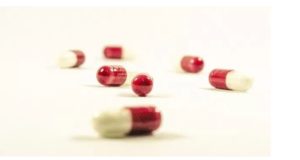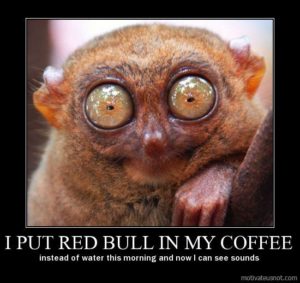
We note an interesting ‘counter narrative’ emerging – that is, scepticism about the commonly held view that drug treatments designed for mood disorders such as depression often engage the Placebo Effect. In this counter-narrative,
“Drug trials don’t show much in the way of classic placebo effects. The rise in placebo responses over the years is more likely due to the supportive factors in drug trials…and increasing problems with enrollment.”
The new finding—no upward trend in placebo responses—is unexpected and certain to be contested. Meanwhile, it stands as a rebuke to a popular narrative. By that account, drug effects had been hyped, expectations soared, and the inflated hopes were reflected in rising placebo response rates.”
This is fine, except the counter-narrative also resonates with challenges about the efficacy of conventional ‘gold-standard’ ‘blind’ ‘placebo controlled’ drug trials, where it has been shown that trials funded by drug companies (who by definition have a vested interest in their outcome) are 30% more likely to return ‘favourable’ results than trials which are not funded in this way. The ‘placebo effect’ might be the design and execution of the trial itself, not the actual function and efficacy of the placebo …!
Read the whole article here.











